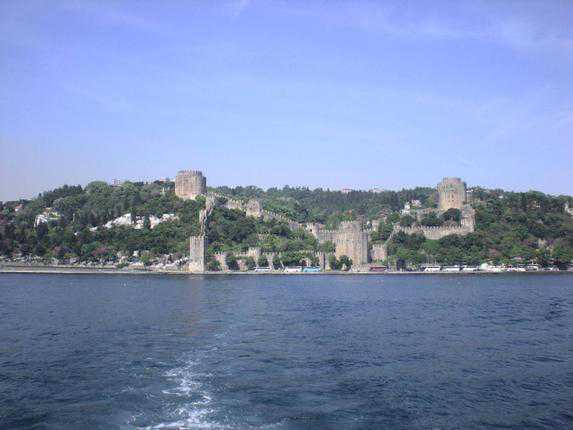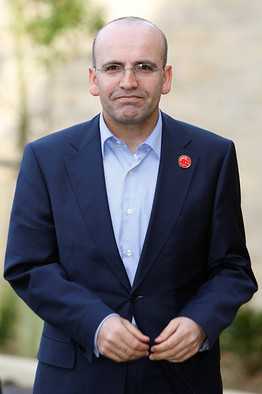EMRE DELİVELİ
Your friendly neighborhood economist recently stumbled upon a WikiLeaked United States’ Istanbul Consulate cable on the Turkish economy, dated Nov. 31, 2010, which he is duly passing along:
“Turkey’s macroeconomic policy is mostly on track thanks to prudential macro management after the 2001 crisis. However, macro reforms have not been followed by micro reforms, except for a few feeble attempts during the first reign of the Justice and Development Party, or AKP, government.
“Expatriate CEO XXX told us that the government is dragging its feet on the structural reform agenda: “We have led the horse to water, but we have not been able to make it drink the water,” he lamented, noting that their reform proposals have gone unnoticed. The same complaint can be heard from World Bank official XXX, who states that their findings are never put into action.
“However, economics policymakers are first-rate spin doctors. They are adept at hypnotizing the markets with rumors for months. First, the government dragged its feet on the IMF stand-by Arrangement (SBA) for months, whereby hearsay that the SBA was about to be finalized would conveniently resurface every time Turkish assets tumbled.
“Then, the government’s new opiate for the masses became the fiscal rule. Markets chose to ignore the few economists who were pointing to the deficiencies in its institutional set-up or noting that the government would never engage in fiscal restraint in an election year. Nevertheless, smart maneuvering ensured markets did not even stir when the rule was, for all practical purposes, annulled.
“Part of the problem seems to be PM Recep Tayyip Erdoğan, who recently said that he had “the last say in economics matters.” XXX from the Treasury confided in us that they and the IMF were steps away from an SBA, and that economics czar Ali Babacan was very enthusiastic towards the fiscal rule even a couple of weeks before the PM shelved it for good. These remarks lead us to believe that it was the PM who decided against both, or at least was convinced so by his phalanx of sycophantic advisors.
“It seems that the PM’s authoritarian style spills over to economic policymaking as well. Besides, he has an interesting view of economics, accented by his recent remarks that “low interest rates beget low inflation,” rather than the other way around, as the economics profession mistakenly believes. XXX from the AKP told us that Babacan spends a lot of time and energy trying to persuade the PM. His success is crucial for the clear-steering of the Turkish economy.
“Interestingly enough, the main opposition Republican People’s Party has been unable to spell out a coherent economics agenda so far. As in politics, these elitist ankle-biters are suffering from status-quo bias. Moreover, they have serious issues with main free market economics ideas such as privatization and foreign investment, leaving the business community with no viable alternative to the AKP.
“Among all this white noise, the Central Bank has been doing an excellent job in fine-tuning the economy and resisting demands from exporters as well as certain government ministers for lower interest rates and a weaker lira. The same Istanbul high-finance community that looked down upon Governor Durmuş Yılmaz when he was first appointed is now quick to praise him.
“In this sense, the appointment of the new governor when Yılmaz’s term expires in April is crucial. It is rumored that he will be replaced by Erdem Başçı, a current VP who used to play marbles with Babacan when they were kids. While he is competent, a more complacent Central Bank would not bode well for economic management.”
For those of you who thought this was real, it wasn’t.
Emre Deliveli is a freelance consultant and columnist for Hürriyet Daily News & Economic Review and Forbes, and a contributor to Roubini Global Economics. Read his economics blog at http://emredeliveli.blogspot.com.






